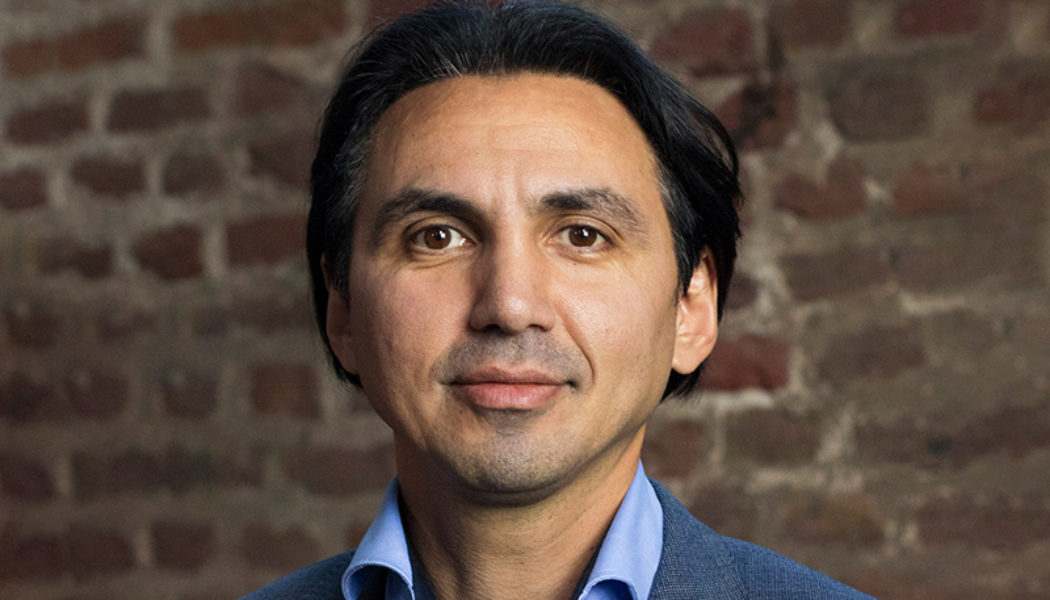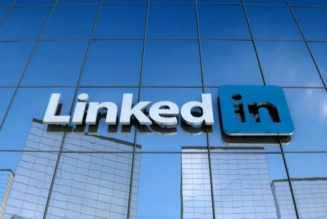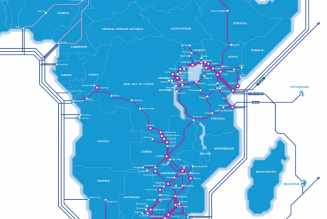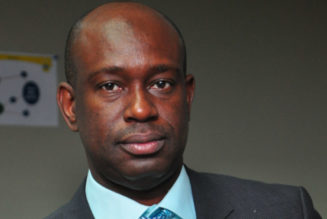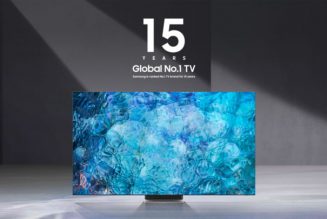Hakan Ekmen, CEO of Telecommunications at umlaut – an international, full-service, cross-industry, end-to-end company that offers advisory and fulfilment services to clients all over the world – chats with ITNA about umlaut’s recently published telecommunications report in Nigeria and the company’s future plans in Africa.
Here’s what transpired:
umlaut is well known in the Telecommunications industry, but that’s only part of the story. Can you please tell us a little bit more about umlaut?
umlaut is a technology-driven and future-oriented company, providing services to numerous sectors and industries, like automotive, energy, aviation, rail and telecommunications. We transfer our expertise and knowledge across the industries.
Our own value is defined by the added value we create for our clients, their companies and their products.
In 24 years, umlaut has grown from a startup, made in Germany, to a multinational, globally active company with thousands of highly specialized and experienced experts.
We support our customers worldwide in changing their technological capabilities and organizational culture for the better. In doing so, we always offer them something beyond regular. Following our credo: Add something on top!
In the telecommunications sector, we are well known as a global leader in mobile and fixed benchmark services. umlaut’s benchmarking results are used by network operators, equipment suppliers, regulators and official authorities worldwide.
On top of that, once we have insights into network performances, our engineering and security teams can help operators improve their networks and protect them against cyber-attacks.
Hakan, you recently published an umlaut report for Nigeria. What are your key findings?
We used our unique crowdsourcing methodology to evaluate the mobile networks in Nigeria. For the extensive analysis, two-hundred and sixty three thousand (263,000) users have contributed 707.4-million samples in 24 weeks from October 2020 until early April 2021.
In our nationwide assessment, 82.8% of the urban “build-up area” and 83.9% of the “Population area” were tested. We concluded that Airtel Nigeria is “Best in test” achieving the highest umlaut score with 697 points.
Airtel achieved the best-rated broadband coverage and user download speed. This is remarkable in one of the largest telecommunications communities on the African continent, a positive step towards Digital Equality.
MTN Nigeria follows on the second rank with 663 points, 9mobile in the third position with 591 points and Glo after that with 486 points. Overall, there is still room for improvement in global comparison, but the competition on the market is working for the benefit of the consumers.
What makes umlaut’s Mobile Benchmarks special?
Thanks to our sophisticated and standardised methodology, the results are comparable across all countries and operators. Our benchmarks provide transparency and are pushing the network quality and performance. Ultimately, that leads to improvements for every customer.
Network operators consider our Mobile Benchmarks to be the most relevant assessment of their networks, fairly and transparently assessing digital infrastructures.
We just published our recent yearly framework update moving towards more challenging test cases and evaluation criteria. We have implemented the visibly growing crowd of 5G mobile broadband users into our umlaut score and featuring more user- and service-centric evaluation of broadband coverage, speed and latency.
Are there any highlights with regards to the global development of 5G?
Our crowdsourcing methodology allows us to see where 5G is already in use.
In the NGMN Forum in November 2020 we presented the results of our first 5G Global Benchmark, giving an overview of the development of 5G during 2020.
Since Q1/2020 the number of 5G samples were continuously increasing, starting in the Asian region, followed by North America and Europe. Overall, the results for the 5G Global Benchmark were quite heterogenous, the Top Ten countries in our benchmark came from all over the world.
On top of this, we have executed drive tests in many cities around the globe, showing quite impressive rates for data speed as well as for 5G availability in metropolitan areas. We also published our first 5G Audit report in the USA based on our new framework. The markets are moving very fast towards this new technology.
You also recently published a report about the world’s first commercial OpenRAN mobile network in Japan. How competitive is OpenRAN?
Rakuten Mobile launched its commercial OpenRAN network just one year ago. From our point of view, it is very interesting how competitive this network is compared to the established networks worldwide.
Our data analysis shows that OpenRAN technology is already mature and the technology delivers competitive performance compared to other global networks. In Tokyo, Rakuten Mobile, Inc. shows competitive performances to the leading operators in the other tested cities: Atlanta, Berlin, Johannesburg, London, Mexico City, Milan, New York, Riyadh, Rome, Sao Paulo, Seattle, Sydney and Zurich.
Traditionally mobile network technology is created from very specialized technology players who have proprietary interfaces between the network elements.
Open interfaces create competition, mainly from two angles. One is pricing, which is an important aspect for a mobile network operator. Another, similar but no-less important angle is innovation.
Both components are essential factors in the African market – OpenRAN has proven that it can be an alternative to traditional network vendors. Nevertheless, we also have seen that there is still room for improvement especially in the latency of OpenRAN. We are looking forward to further development and will publish reports regularly to follow up.
What are umlaut’s future plans in Africa?
We also plan to increase our business in the region and want to support network operators to provide superior network quality and performance. Benchmarking is only the first step to improve networks.
Based on the results and the derived insights, umlaut supports its customers to get the most out of their investments to provide cutting edge services.
On top of this, our team in Africa will further push digitization in other industries. Topics like 5G, IoT and Cyber Security will be some of the hot topics in 2021.
The digital transformation is happening right now. Connectivity is exceeding the realm of the internet and including more and more everyday objects and devices by the day. But digitalisation is more than just digitising sensors and machines.
Customers need to bridge the gap between the technologies available – with all their real-world limitations – and the relevant business constraints they want to resolve. With the number of options – and the buzz – constantly growing, the question is not what can, but what should be done.
Our IoT capabilities range from sensor integration to data processing and from backend to frontends, our fields of action include logistics, smart cities, the automotive and aviation industries, amongst others. We additionally run our own IoT lab as an extra playground for ideation and experimentation.
On the other side, more connectivity means growing cybersecurity challenges. Driven by individual motivations, attacks are targeting mainly sensitive data and critical services, which not only lead to financial and reputation loss but also result in disasters due to the unavailability of critical infrastructures. The sheer variety of attacks needs to be detected and mitigated effectively.
At umlaut, we are eager to consult our customers to achieve the best possible security posture by implementing tailored measures and executing thorough security testing to prepare against such cyber-attacks.
Our cross-industry and public sector experience are the foundation for our best practice knowledge that we can leverage to consult and prepare our customers effectively and in an efficient way.
By Staff Writer.
